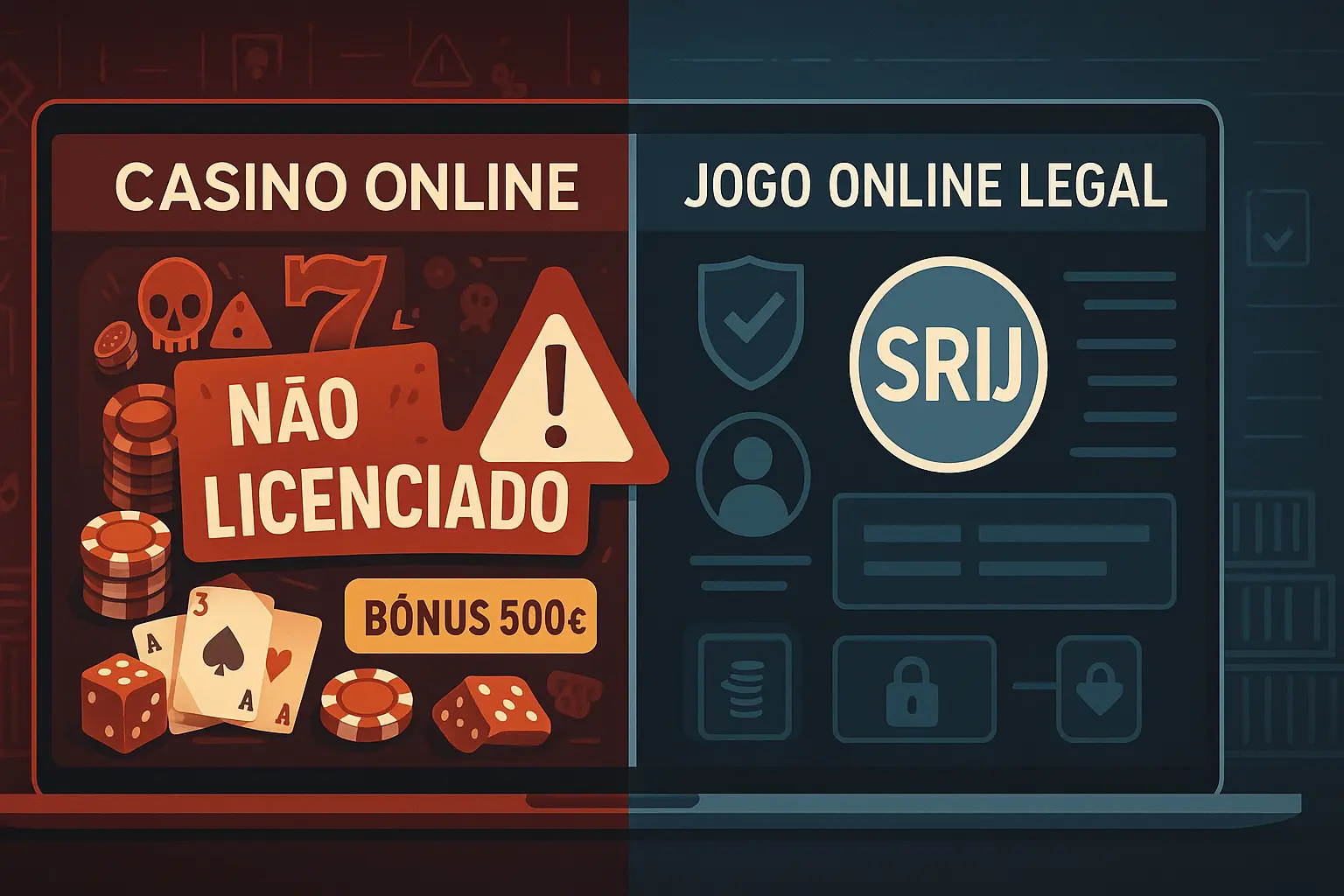Gambling Ads Targeted at Youth Spark Regulatory Concerns in France
France is grappling with the rising tide of gambling addiction, particularly among young people and those in underprivileged communities. A recent report by Addiction France has ignited a call for stricter regulations on gambling advertising. Urging the Autorité Nationale des Jeux (ANJ), the national gambling authority, to take action.
Aggressive Marketing Tactics Under Scrutiny
The report highlights the “explosion of aggressive promotional strategies”. This is exemplified by major players in the online betting market, including Parions Sport, Winamax, PMU Sports, Betclic, and VBET. These companies are accused of using increasingly sophisticated methods to attract new customers and retain existing ones. Ultimately, it has lead to concerns about overstimulation and potential addiction.
Isabelle Falque-Pierrotin, president of the ANJ, emphasizes the risk of increasing overstimulation of players. She cited an 11% increase in marketing budgets this year as evidence. The ANJ plans to address the issue with senators in 2026, coinciding with the World Cup, with the goal of reducing advertising pressure.
Proposed Restrictions on Advertising
The ANJ proposes several measures, including:
- Banning gambling advertisements five minutes before and after matches, as well as during the games themselves.
- Limiting sponsorship and “naming” practices, where sports events or venues are renamed after betting sites.
If you’re interested in learning more about the current advertisement restrictions in France, check out our article covering France’s current sports betting regulations.
The High Cost of Gambling Addiction
The urgency to regulate the sector stems from alarming statistics. The average bet has risen from €256 six years ago to €360 today. France has 1.2 million “problematic” gamblers, with 360,000 exhibiting excessive gambling behaviour. Shockingly, these excessive gamblers account for over 20% of the industry’s revenue.
“To keep you captive, the apps bombard you with notifications, free bets: it’s frightening,” says Max, a former gambler who attempted suicide after wagering nearly €1.5 million over a decade.
Max now advocates for a ban on overly aggressive advertising, particularly by influencers. He notes that over 80% of influencers fails to properly display the required health warnings about the risks of addiction. He also stresses the need for stricter age verification, recalling his own experience of starting to bet as a minor.
Targeting Vulnerable Populations
The ANJ acknowledges that “the risk of excessive gambling and underage sales is not yet under control.” The Addiction France report paints a concerning picture of aggressive marketing. It goes on to state that it primarily targets young men and residents of underprivileged neighbourhoods.
The Impact of Marketing Tactics
An analysis was made of 3,000 pieces of content between March 2023 and March 2025, including Instagram stories and Twitch/Kick live streams. This analysis concludes that there is an “urgent need to strengthen the regulation of gambling marketing” to better protect young people from addiction. Many of the observed “abuses” occurred in 2024, a record year for operators with €670 million spent on advertising. This increase in spending was motivated by the Euro football championship and Paris Olympics.
The report accuses betting sites of using a “daily avalanche of notifications” and “enticing promotional offers” to encourage users to replay. These tactics exploit psychological triggers such as “the promise of rapid enrichment, the social valourization of risk-taking,” and “the illusion of control over chance through sports knowledge.” Myriam Savy, advocacy director at Addictions France, adds that the targeting is further enhanced by “references to urban culture,” using music, humour, and celebrities.
Calls for Further Restrictions
In addition to advertising, Addiction France is calling for “the elimination of these financial rewards, which represent nearly 60% of the advertising investment planned for 2025 by operators,”. This is referring to bonuses and “free bets” that create the impression that betting is free. The controversial “Tout pour la daronne” (All for Mom) campaign by Winamax, which was withdrawn in 2022 following ANJ intervention, exemplifies the problem. The campaign glorified social success through sports betting. This is a practice prohibited by the regulator. However, slogans like “Grosse cotes, gros gains, gros respect” (Big odds, big wins, big respect), which clearly suggest social mobility through gambling, continue to flood the market.
Stay ahead of the game in the licensed betting world – get the latest insights at LicensedBettingSites.com.














